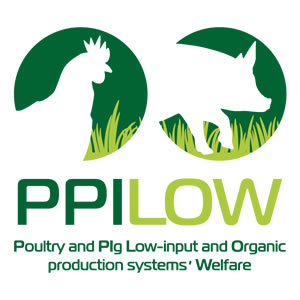6.2.1 – Incubation temperature for improving resilience
The ability to absorb changes and to anticipate future perturbations through adaptive capacity (or resilience) has been shown to be affected by early life experiences. For avian species, this is not only found to be effective in the early post-natal period, but also already during the incubation period. It has been found that adjusting the incubation temperature profile can program chickens during the embryonic phase to cope with various challenges, such as fluctuations in (outdoor) temperatures, but also pathogenic challenges. This method is called thermal manipulation (TM) and is mainly studied in fast-growing broiler chickens by increasing the incubation temperature during certain embryonic periods. There is less known about the early and later life consequences of TM for slow-growing broiler chickens. They may especially benefit from TM as they are nowadays often reared in welfare-promoting farming systems with outdoor access and are therefore exposed to more temperature fluctuations. Therefore, two studies have been conducted by WUR, ILVO and INRAE to assess the early life and later life consequences of TM during incubation of slow-growing broiler chickens.
Presentations
- Early life strategies to improve health, welfare and resilience in later life for layer pullets and broiler chickens within low-input and organic production system – Hybrid seminar Wageningen – 21 May 2024
- Effect of thermal manipulation of slower-growing broiler chickens on chick quality and physiology – XVI European Poultry Conference – Valencia – 24-28 June 2024
Practice Abstracts
Practice Abstract n. 22 – Thermal manipulation during incubation: a tool to improve resilience in slow-growing broiler chickens

